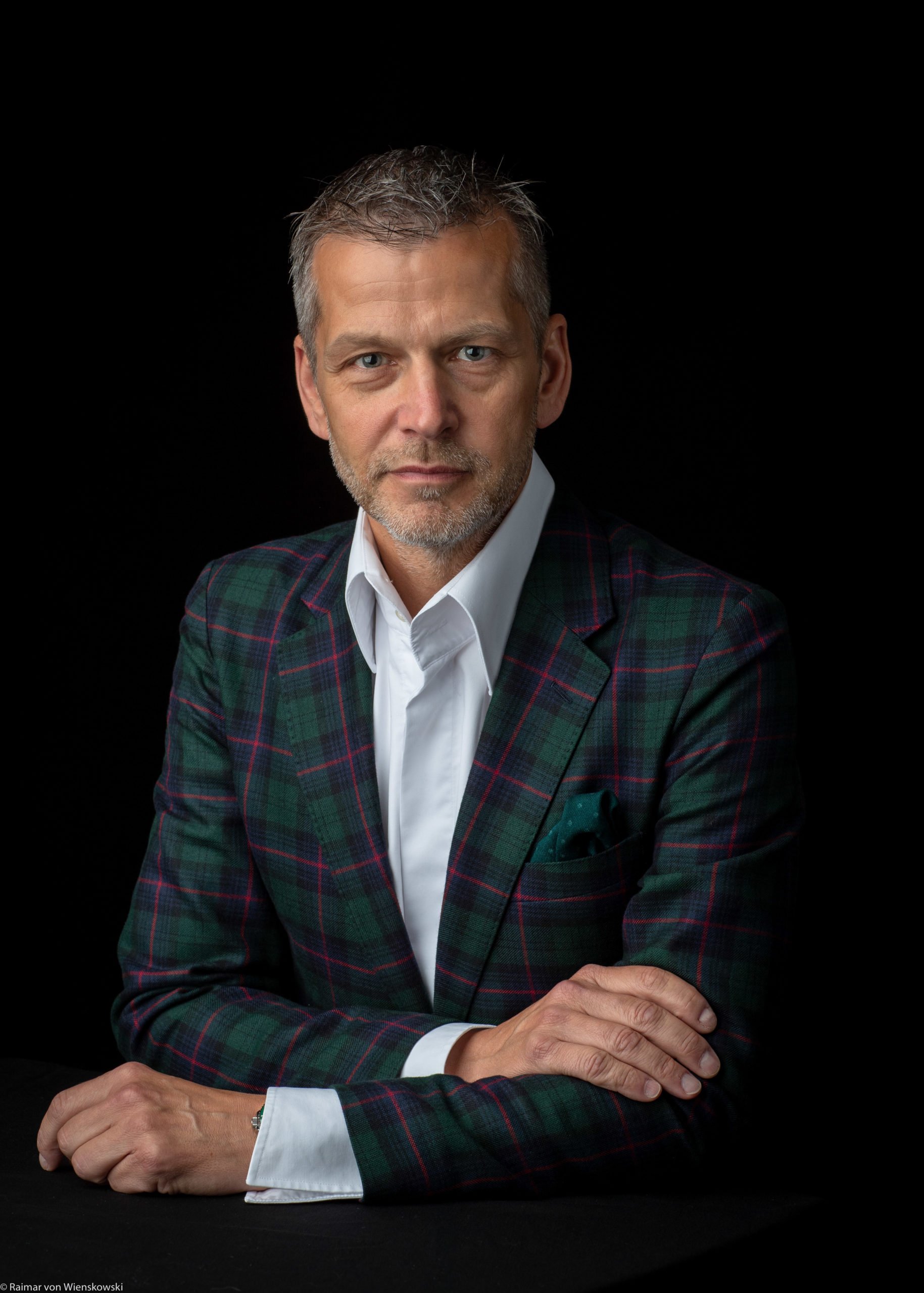Interview: Christian Muche on the future of B2B Events - part 1


Christian Muche
International business strategist, co-founder of Wunderguard and dmexco
Whether it’s the Industrial Communication Digital Day 2020, the Hannover Messe Digital Days or the dmexco @home that took place in September- many events that have always been known for their large physical attendance have this year – due to the corona pandemic – entered the digital world. Will we increasingly pursue virtual or hybrid events in the future? Will online event studios replace large exhibition halls for broadcasting? How will B2B events adapt? These are questions to which Christian Muche, the international business strategist and co-founder of the dmexco, will be answering in this interview.
According to the AUMA trade fair trend of 2020, presence events are still a major factor in B2B communication – worldwide events are even on the rise. However, this study was conducted before the corona pandemic. During the lockdown, events were cancelled or shifted into the digital domain. Mr. Muche, how do you view the new trend “virtual trade fairs or events” in B2B marketing?
Classic event formats such as trade fairs, experience events and conferences had previously experienced a boom. However, in recent years I have noticed a sense of tiredness that has spread across all industries in regards to exhibitors and visitors. One reason for this is due to the fact that many events are simply too large and confusing, with tens of hundreds and sometimes even thousands of participants attending. On the other hand, it is due to the flood of new, additional events, which are often only a poor copy of an original event. This rather quantitative growth is mainly triggered by technological trends such as those related to the mobility of the future, which have brought about many new topics and fields of application.
The ongoing pandemic and its long-term social and economic effects is causing much planning uncertainty and is currently exacerbating this development as an even greater selection is now being made by exhibitors. Some are even questioning including these events in their marketing mix. The diverse physical presence of an exhibitor at several industry events, which has been taken for granted until now, is being questioned within companies. For example, in the automotive sector there is strong public pressure being exerted from outside.
However, organisers can certainly take advantage of these developments and changes by offering sensible and creative hybrid models to complement an event brand. In some cases and industries, this can and should also mean an exclusive digital offer to give exhibiting companies a breather in these extreme times. In my opinion, there is no point in persuading companies to participate out of economic pressure, with the risk of late, cost-intensive cancellations or sub-optimal event preparation for exhibitors due to budget and resource constraints. This would cause even greater damage. Instead the business relationship should be supported by individual measures and exhibitors should be inspired by digitalised offers in the coming months.
Many digital event formats are currently being tested in Germany: Webinars, workshops, virtual fairs with virtual stands, hybrid events… How do you view these developments? Which formats do you prefer and what must digital formats deliver?
Digital event experiences or virtual event platforms are not new – companies like ON24 (leading solution provider of webinars, webcasting and virtual event and environment technologies) have been around for over 20 years. Early obstacles such as lack of bandwidth have disappeared and the streaming world has taught us that so-called “Appointment-Viewing” is no longer a priority.
Digital (on demand) events can offer new creative ways of interacting as more and more corporate decision makers rely on social media and online networks in their business lives. For example, companies can use interactive segmentation criteria to offer different types of experiences for specific target audiences. They can also use detailed profile information, past content usage and shared attendee goals to enable each virtual attendee to be more productive during a digital event than they would be during a physical conference or trade show. Organisations are no longer limited to a one-time, limited-time event; they can combine a wide range of activities into a holistic digital experience.
Personal:
Christian Muche is an international business strategist who works at the interface of the digital, marketing, technology and event industries. As a co-founder of WUNDERGUARD, he creates successful brands and, as co-founder and the brains behind DMEXCO, he and his team managed the daily business of the leading global event platform for digital marketing for 10 years. In 2019, Christian launched Christian D:PULSE – the innovative, boutique and global conference fair. Privately, he has lived in New Zealand with his family for more than 13 years and enjoys various outdoor sports including mountain biking, trekking and diving.
How important are B2B events in the overall B2B marketing mix for you?
I am a proponent of the idea that B2B events should continue to make up a considerable part of the marketing mix in the future, as the advantages are obvious: emotionality, personal persuasiveness, individuality, spontaneity, trust and much more can best be achieved with the help of in-person encounters. However, the market requirements have already changed. For instance, topics such as, sustainability, efficiency, elimination of wastage or specific customer care can only be observed as credible and successful by incorporating more creative event formats involving a combination of digital and analogue measures. These topics represent today’s selection criteria for exhibitors and participants.
Next?…
What will B2B events look like in the future for Christian Muche? What developments does he see in an international comparison? And which B2B marketing trends are already more strongly represented internationally than in Germany? He answers these 3 questions in the second part of our interview. Be ready to find out more next week…




